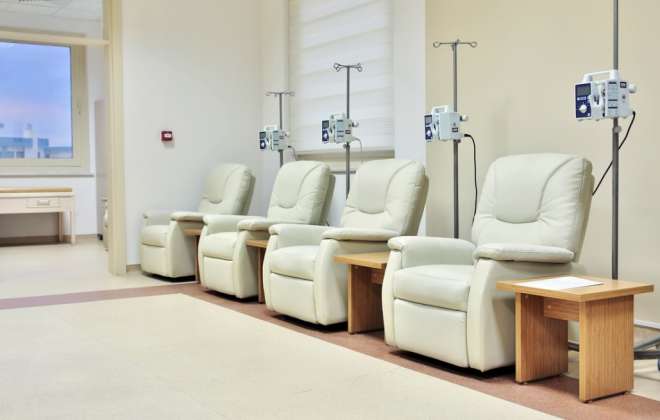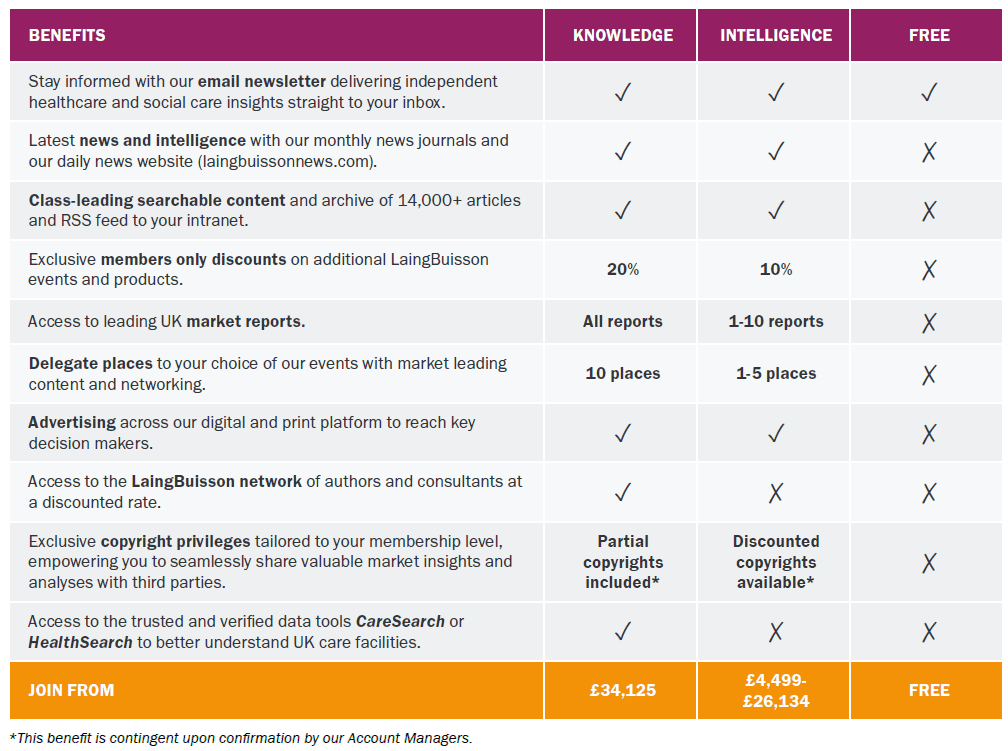LaingBuisson report shows private pay GP market is booming and valued at £1.6 bn
Highlights from LaingBuisson’s Primary Care UK Market Landscape Report (first edition):
- LaingBuisson estimates 13% of GP consultations are private, up from 3% two decades ago
- The private GP market is worth approximately £1.6 billion. Virtual GP services, where the appointment takes place over text, phone or video, have a market value of over £300 million. Despite the increased convenience of a virtual service, private GP services are still often delivered face-to-face
- The private pay GP market is growing to meet demand. At mid-2024 there were a little over 550 CQC registered services offering private GP consultations: 447 are located in private ‘clinics’ and 103 in independent hospitals.
- The private pay GP market, whilst growing, remains a fraction of the wider spend on primary medical care services in the UK, which LaingBuisson values at £29 billion.
The annual value of GP services in scope for this report is £29 billion. Private GP services make up £1.6 billion of this valuation. The rest is made up of NHS services, including NHS general practice, NHS urgent care, A&E services and prison healthcare services. The latter is an NHS-funded service often outsourced to private companies.
GPs, for most people, are the first port call. They are the only way to access a referral for secondary care or to secure further investigations and tests for health concerns. They cover a huge majority of the population with a small proportion of the overall NHS budget. And because of these capacity and financial pressures, on top of workforce stresses and an increasingly complex patient workload, NHS GP practices are under growing strain.
GP practices have reorganised in response to these pressures and to better meet demands they work at scale. Amongst solutions for these problems are the recently formed GP federations, which LaingBuisson has mapped for the first time. They represent almost half the NHS GP practices in England and have a combined revenue of £900 million.
Another area requiring solutions is appointment access. Frustrations over getting a GP appointment led to Labour committing to increase the number of appointments available in their manifesto. Barriers to access are a contributing factor for the growth in people seeing private GPs. LaingBuisson’s proprietary research estimates 13% GP consultations are private, up from 3% in 2009 when data was last available.
Author of this report and Executive Chairman and Founder of LaingBuisson, William Laing said:
“Attitudes towards paying for GP appointments are changing. With an estimated 13% of GP appointments paid for privately and employers attracting top talent with benefits like private GP services, people are more receptive to paying for care than they’ve been in generations. People are willing to pay for quick access, ease of booking and the choice of appointment delivery – getting to choose between virtual or face-to-face appointments is not always available in the public sector.
“This attitude shift is clearly a response to long waiting times in the NHS and other problems in primary care.
“The NHS is still the dominant provider of primary care for most of the population and they are responding to pressures. In an exciting move, we’ve mapped GP federations for the first time. Brought in to help GP practices deliver at scale, they represent almost half of all NHS GP practices in England.
“With the new Labour government in place and a shift in people’s attitudes to paying for care, this is an exciting time for primary care.”







